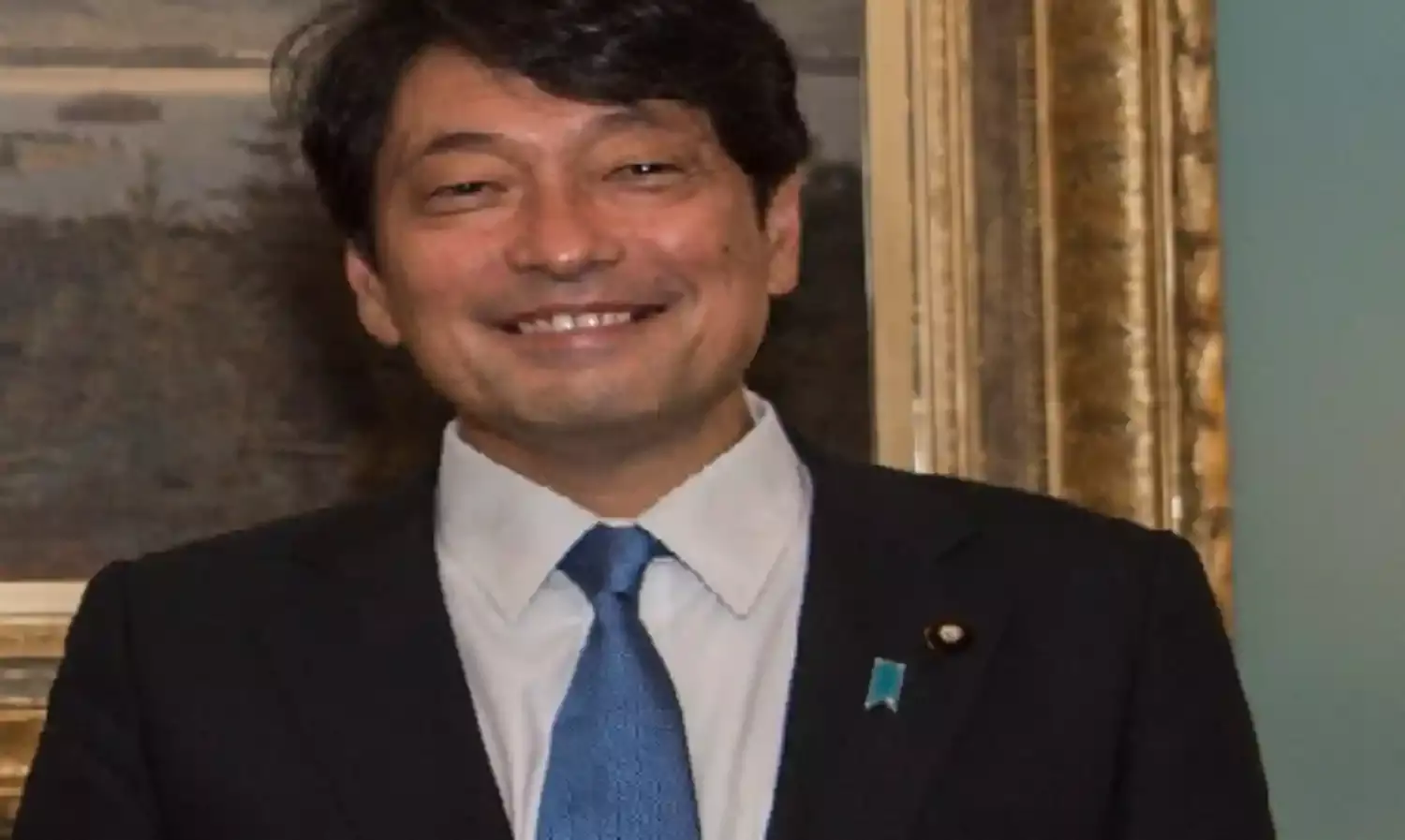Lankan Expert Delineates Benefits Of Japanese Defense Minister’s Visit To Hambantota Port
It is the first ever visit by a Japanese Defense Minister to Sri Lanka;

COLOMBO: A Sri Lankan maritime security expert, Adm.Dr. Jayanath Colombage, has defended the visit of the Japanese Defense Minister, Itsunori Onodera, to the strategically located and Chinese-managed Hambantota port on the grounds that it would help allay fears about Sri Lanka’s allowing China to misuse the port for military purposes.
Japan, which, is most concerned about Chinese maritime military activity in the Indian Ocean and the South China Sea under the cloak of the Belt and Road Initiative (BRI), is particularly concerned about Hambantota port because it is on the East-West shipping route through which passes US$ 5 trillion worth of trade every year.
This is the reason why Japan decided to dispatch its Defense Minister to Sri Lanka. It is the first ever visit by a Japanese Defense Minister to Sri Lanka and that makes the visit poignant.
Minister Onodera visited Hambantota on August 22. He will also go to Trincomalee port which is to be developed by Japan in collaboration with India. While in Colombo, he will visit Colombo port, where there is a container terminal managed by China in collaboration with the Sri Lanka Ports Authority. There is also a dockyard there managed by a Japanese company as a joint venture with Sri Lanka.
Adm. Colombage, a former chief of the Sri Lankan navy told The Citizen on Sunday that the world and regional powers have to be re-assured that the Hambantota port, which is on the shipping route between the East and West, is being used only for commercial purposes, and that China will not be allowed to use it for military purposes.
“As per the lease agreement, if a Chinese naval vessel wants to call at the port, it will have to follow the same procedure as similar vessels from other countries. Sri Lanka reserves the right to allow or not to allow a naval vessel. The security of the port is entirely in the hands of the Sri Lankan navy,” Adm. Colombage pointed out.
He further said that Sri Lanka is duty bound to protect its sovereignty and security. At the same time, it will have to take into account the security concerns of other countries such as India ,Japan and the US.
“In the context of the fact that China has taken the Hambantota port on a 99 year lease and with a 70% stake in it, there are fears that it could use the power flowing from this for its own purposes. Therefore, Sri Lanka has to be vigilant and ensure that China does not transgress the agreement,” the Admiral, who is now working for the think tank Pathfinder Foundation, said.
He asserted that such visits by representatives of concerned countries will assure that that Sri Lanka is on the declared path and that it has nothing to hide.
“And China, which is also asserting that its interest in Hambantota and other ports in the BRI is commercial and not military, will be able to show that it means what it says and reassure a skeptical world that it has no ulterior motives,” Colombage added.
Roots of Japanese Worry
Japan is very worried that China will replicate in the Indian Ocean what it has successfully done in the South China Sea nearer home.
Simon Roughneen, Asia regional correspondent of Nikkeri Asian Review wrote onJune 13, 2018 that since 2013, China has expanded artificial islands and reefs in the South China Sea and subsequently installed a network of runways, missile launchers, barracks and communications facilities. It has landed bombers in the disputed Paracel Islands.
“These military advances have led many to wonder if Beijing has already established unassailable control over the disputed waters. Brunei, Malaysia, the Philippines, Taiwan and Vietnam also have overlapping claims to parts of the South China Sea and its islands – claims that are looking increasingly forlorn in the wake of China’s military buildup.”
“During a meeting between the Philippine leader Duterte and Chinese President Xi Jinping in May 2017, the former asked whether the Philippines could drill for oil in a part of the South China Sea claimed by both countries. Xi’s reply was blunt. He said: “We’re friends, we don’t want to quarrel with you, we want to maintain the presence of warm relationship, but if you force the issue, we’ll go to war.”
“What China is winning is de facto control of nearly the entire South China Sea, including all activities and resources in it, despite the other surrounding Southeast Asian states' respective legal rights and entitlements under international law,” Nikkei quotes Jay Batongbacal, the Director of the University of the Philippines Institute for Maritime Affairs and Law of the Sea, as saying.
“At stake is the huge commercial and military leverage that comes with controlling one of the world’s most important shipping lanes, through which up to $5 trillion worth of trade passes each year,” the agency report said
The US is no mood to give in to China’s belligerence. Its Secretary of Defense James Mattis told the Shangri-La Dialogue that China faces “consequences” for the “militarization” of South China Sea, “for the purposes of intimidation and coercion.”

